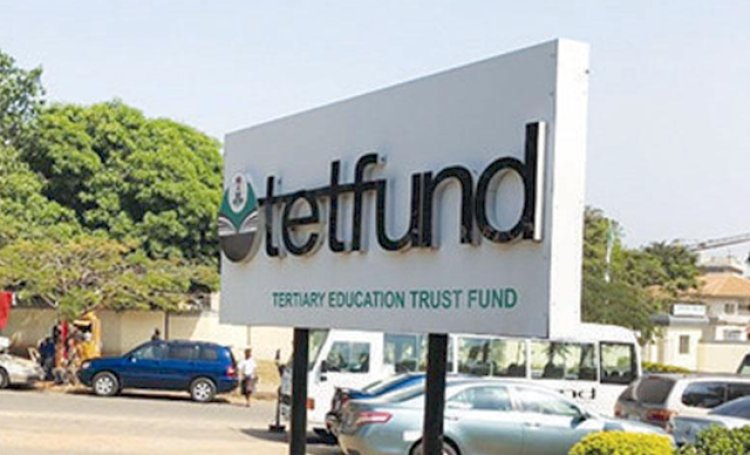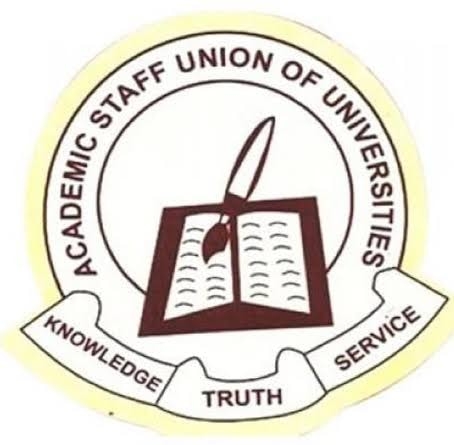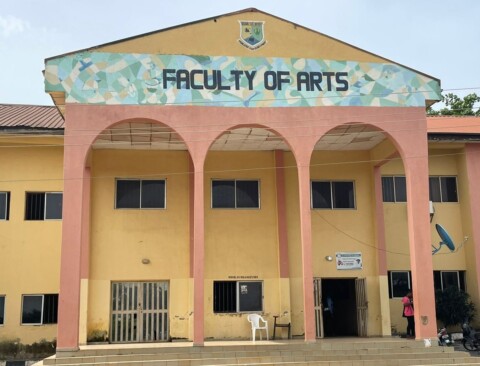The Tertiary Education Trust Fund (TETFund) has cautioned institutions benefiting from its intervention programmes that they risk being delisted if they fail to properly utilize funds allocated for various projects.
The warning was issued by TETFund’s Executive Secretary, Arc. Sonny Echono, during a two-day strategic workshop in Abuja for directors of physical planning, academic planning, and Information Communication Technology (ICT) from beneficiary institutions.
Echono explained that the workshop underscores the Fund’s commitment to strengthening Nigeria’s tertiary education system by addressing gaps in operational processes and ensuring better understanding of intervention guidelines.
He stressed that TETFund would not tolerate poor performance or misuse of resources by beneficiary institutions.
“Let me reiterate that institutions which fail to access, utilize, or account for funds in line with our guidelines—or those that underperform in critical academic or operational benchmarks—may face delisting from TETFund’s intervention programmes,” Echono said.
He clarified that the move is not intended as punishment but as a necessary measure to protect the credibility and impact of TETFund’s interventions.
“The primary objective of this gathering is to build the capacity of key personnel tasked with planning, implementing, and monitoring projects supported by TETFund,” he said.
“Our goal is to ensure every institution represented here is well-prepared to align with the Fund’s operational procedures for improved efficiency, accountability, and developmental impact.”
Echono described the workshop as a strategic engagement aimed at tackling persistent challenges in project implementation, improving compliance, and enhancing institutional performance.
“It is our collective duty to ensure that the benefits derived from TETFund interventions are not only sustained but expanded through timely and prudent use of resources,” he added.
Highlighting key priorities for 2025 and beyond, Echono announced significant policy changes, including the suspension of the foreign training component of the TETFund Scholarship for Academic Staff (TSAS), effective January 1, 2025.
“Regarding the Academic Staff Training and Development (AST&D) intervention, as you are aware, the Fund has suspended the foreign training component of TSAS from January 1, 2025,” he confirmed.
“This difficult decision was driven by escalating costs of overseas training and cases of scholars absconding. Nonetheless, our commitment to developing local academic talent remains unwavering. We will continue to support robust local postgraduate programmes and professional development initiatives that offer high value at sustainable costs.”
Echono also reaffirmed TETFund’s emphasis on research and innovation, disclosing increased funding allocations for several key initiatives.
“Research and innovation remain at the core of our mission. For 2025, we have increased funding for the National Research Fund (NRF), the Research and Innovation Fund, and the Triple Helix Model aimed at promoting collaboration between research institutions and industry,” he said.
“These initiatives are expected to produce practical solutions to national challenges, particularly in technology, agriculture, and healthcare, while fostering commercialization and inter-institutional partnerships.”
The workshop, which was also held across Nigeria’s six geopolitical zones, featured paper presentations, interactive sessions, and discussions focused on enhancing institutional performance and accountability.





